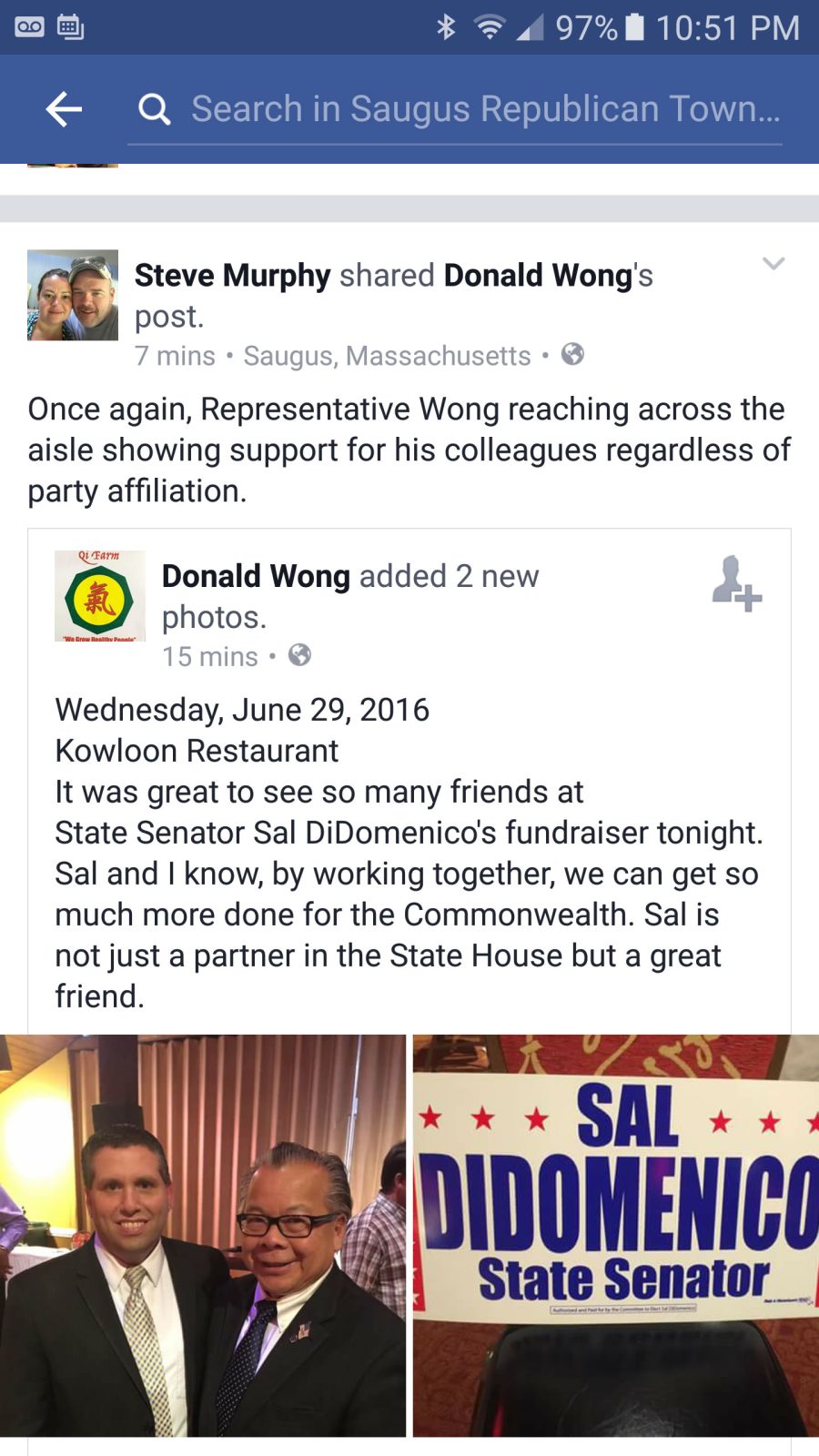Gov. Baker Joins TCI
A Disappointment But No Surprise
Citizens for Limited Taxation
“Governor Baker dodged and obfuscated toward the end, but again he disappointed motorists, consumers, and taxpayers,” said Chip Ford, executive director of Citizens for Limited Taxation. “He disappointed, but he didn’t surprise.”
Governor Baker’s press release today announced his signing of the “multi-state” Transportation and Climate Initiative along with two other states and the city of Washington D.C. In it he noted his TCI-P (TCI renamed) will “generate over $1.8 billion in Massachusetts by 2032 . . . will make available over $160 million in allowance auction proceeds to Massachusetts by 2023,” its first year of implementation.
As of today’s statement, if these numbers are accurate, that is the admitted increased cost that motorists and consumers can expect to pay in the TCI gas tax if Baker’s “Boondoggle” is implemented.
In the press release, Lt. Governor Karyn Polito said: “The Transportation and Climate Initiative Program provides a critical opportunity to improve air quality throughout the commonwealth, create jobs for Massachusetts residents, and help our state and regional economies recover.”
Increasing the cost of doing business and just living in three of the smallest states (and one city) of the so-called multi-state coalition does nothing to “create jobs for Massachusetts residents, and help our state and regional economies recover,” and it will do very little if anything whatsoever to reduce pollution or affect the climate around the world.
A State House News Service report today reminded us: “A year ago, Theoharides said the TCI coalition had not examined how many states it would take to make a regional pact work, but said that a ‘critical mass’ of participation from the original 12 states and the District of Columbia would be necessary to make TCI successful.
“On Monday, she said having Massachusetts, Rhode Island, Connecticut and Washington, D.C., onboard represented enough of a critical mass and that the TCI program ‘can absolutely be effective with three states and the District of Columbia.'”
CLT executive director Chip Ford said, “Three small New England states out of a dozen doesn’t by any stretch constitute any sort of ‘critical mass’ — unless you define it as whatever number you can cobble together to have your way.”
On November 18 Gov. Baker said: “We’re living at a point in time right now that’s dramatically different than the point in time we were living in when people’s expectations about miles traveled and all the rest were a lot different . . . “I’m still very much a fan, but as I said yesterday in answer to another question, there’s a lot that’s changed about transportation generally over the course of the past eight months, and that stuff’s got to get baked into the way people model what this would mean and how it would work going forward for them,” Baker said Wednesday.
What has changed since November 18?
A report issued last month by the Center for State Policy Analysis at Tufts University projected the cost to motorists of TCI would be much higher than the governor’s prediction:
“In our moderate-growth scenario, a 22 percent emissions target would generate $775 million for Massachusetts in 2022; in the low-growth scenario, it would raise $406 million . . . TCI would almost certainly result in higher gas prices, and the size of the increase would depend on the stringency of the emissions target. In our moderate-growth scenario, a 22 percent reduction in emissions would generate a 24-cent-per-gallon increase in gas prices in 2022; in our low-growth scenario, gas prices would rise 13 cents per gallon.”
So who are we supposed to believe — objective researchers, or an administration leading a crusade? ♦




